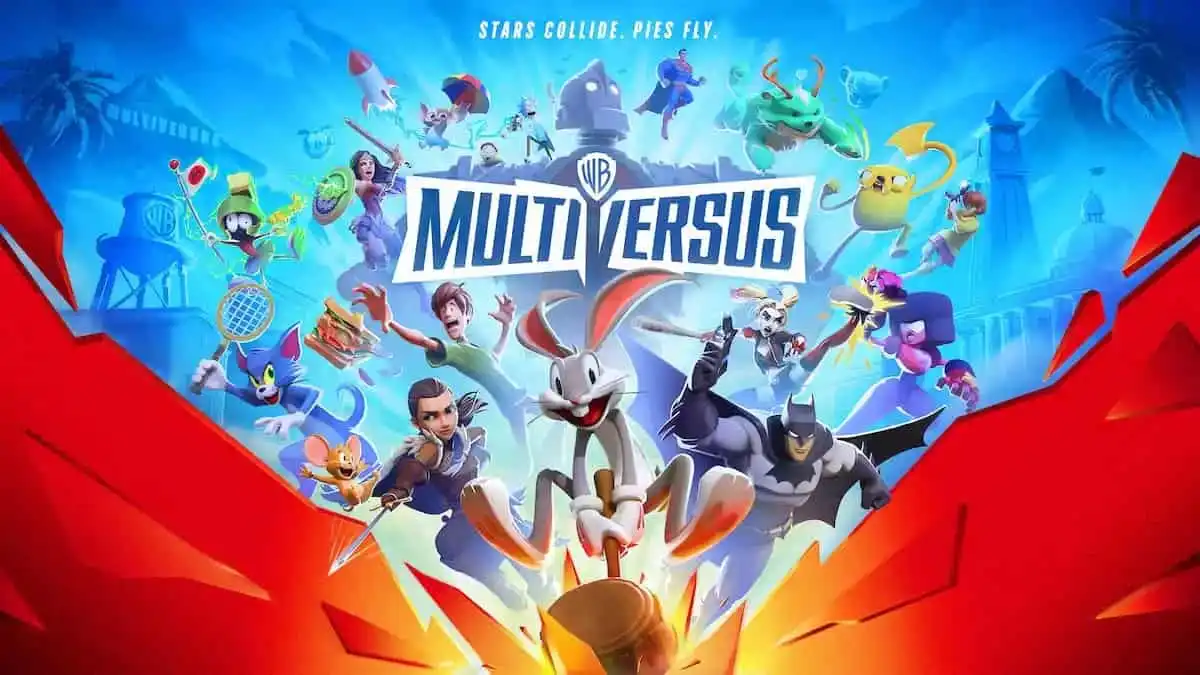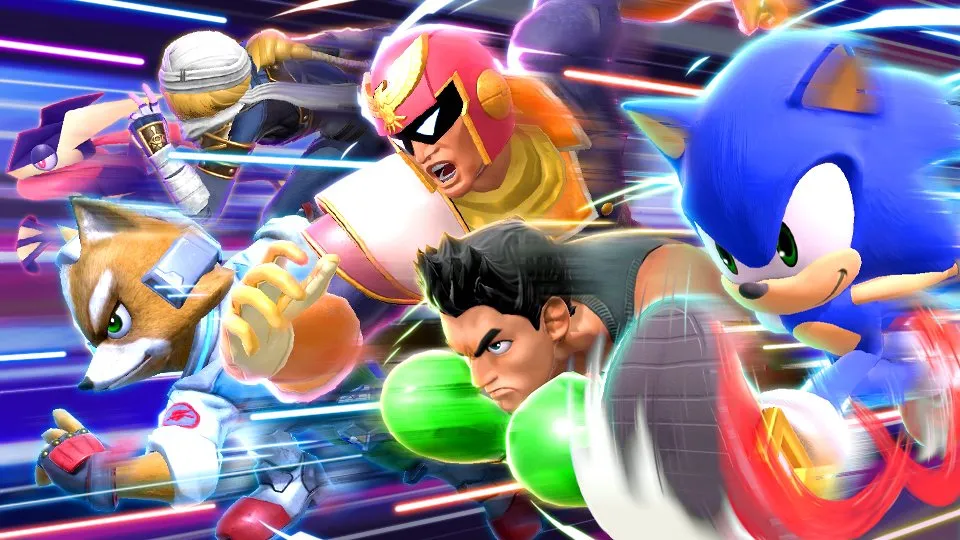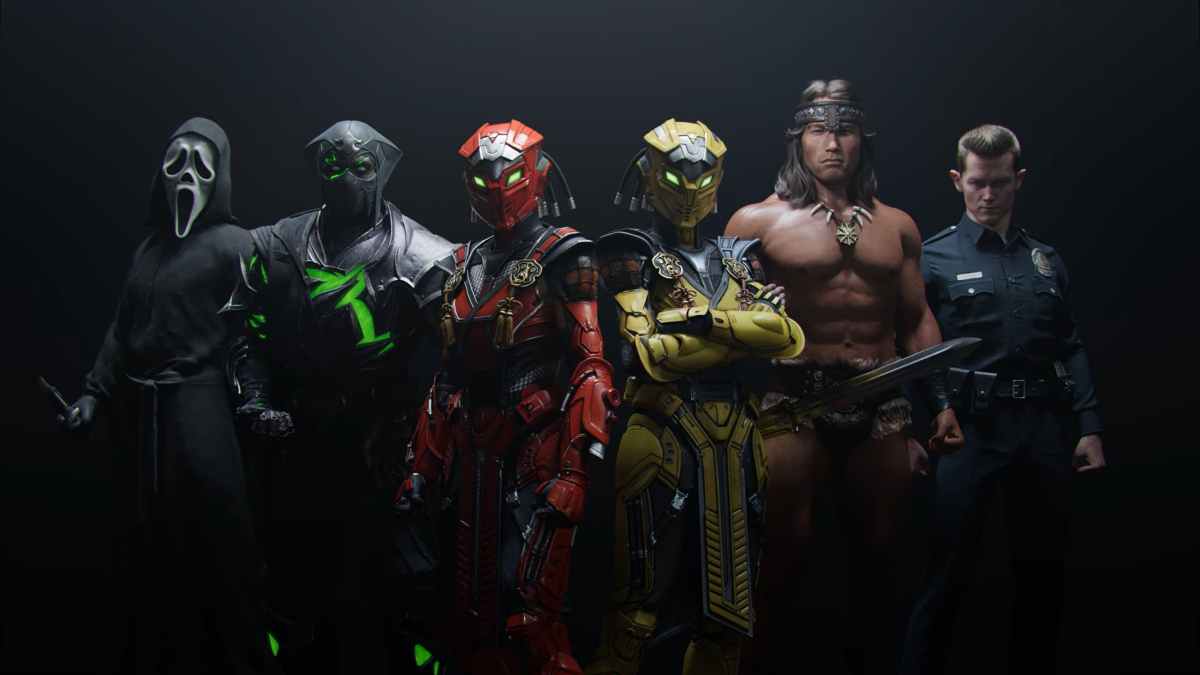The finals of Super Smash Bros. Melee peaked at over 150,000 viewers at Genesis 6 last Sunday, pulling in even more spectators than its successor, Super Smash Bros. Ultimate.
The event was still successful, despite many of Melee’s top players prematurely exiting the tournament. The new iteration of Smash has caused a rippling effect across the community with many players choosing to pursue Ultimate instead of continuing with Melee.
On Saturday, Joseph “Mango” Marquez fell flat in the loser’s bracket—one of the few top Melee players yet to move over to Ultimate—and was defeated by the 98th ranked player, Sasha “Magi” Sullivan. William “Leffen” Hjelte, the third ranked player in the world, dropped out early in the tournament to focus on Ultimate, and Jason “Mew2King” Zimmerman, the sixth ranked player, lost to underdog lvaro “Trifasia” Garcia Moral as a direct result of juggling play-time on Melee and Ultimate.
In addition, Adam “Armada” Lindgren, largely considered the greatest Melee player of all time, retired from Melee singles tournaments last September—a player that had prevously won multiple major tites, including EVO, the biggest event in the fighting game genre.
All of this should equate to lower viewing figures for the 17-year-old video game, released in Japan in December 2001. But even though Genesis 6 coincided with The Super Bowl, Melee, once again, outdid expectations.
Followers of competitive fighting games have long denied Smash’s place in the community. The series has been considered a separate entity to the likes of Street Fighter and Tekken, largely due to the game’s stark mechanical differences, and its casual nature.
Smash, in the past, has been at the receiving end of taunts from the fighting game community. “It’s a party game for children,” the naysayers insist. They label it simply as a game not worthy of “fighting game status.”
And yes, it’s not the most violent of games, there’s no gore whatsoever. It doesn’t, at any point, feature a disgruntled Princess Peach bleeding from her wounds, and it’s cartoony—but so are a lot of competitive video games.
Smash is a fighting game by definition. And not only is it a fighting game, it’s the premier fighting game at the moment. It brings in the some of the most views, the greatest storylines, the upsets, and the high octane, adrenaline-pumping action.
Melee is a timeless classic at this point. It’s stood the test of time, and has only got better as the meta has further developed, and all whilst never once receiving a single patch or update.
As far as Nintendo is concerned, Ultimate is the future of the franchise. The developers of Ultimate, in stark comparison to Melee, has already released a new character, and has plans for more down the line, including regular patches and hotfixes. Meanwhile, Melee, still popular as ever, and even thriving in the competitive environment, is firmly ignored.
If you were to dig up old clips of Melee tournaments, you’d soon see that the game has changed. Its pace has quickened, its technical skill has vastly improved, and its character pool has advanced. Melee’s metagame has matured in time.
The Melee community would still be open to Nintendo’s embrace, with the addition of patches and updates, in some regards, but Melee is like a delicate antique. It would have to be treated with caution and with respect.
You would expect there to be one defined and outlying character considered the strongest, or the most balanced, after all the years of theorycrafting, and the thousands of hours of play. Fox has generally been accepted as the most dominant character in the history of competitive Melee. His fast moveset, his strong finishing power, and his shine (down Smash move) make him one of the most versatile fighters.
Nonetheless, there have always been outsiders that have caused a stir in the highest level of competition. This time it’s the era of Juan “Hungrybox” Debiedma. He took sole possession of the number one title in 2018 after winning multiple back-to-back titles.
Even after being heckled by the audience as they chanted “fuck Hungrybox,” Debiedma came out on top of Genesis 6 on Sunday. He beat Pikachu player Jeffrey “Axe” Williamson to the title, and not by playing Fox—a character considered a better version of Pikachu—but with Jigglypuff.
Hungrybox has demonstrated that he doesn’t have to play the best character to win tournaments in Melee. Although some criticize him for playing Jigglypuff, due to it her slow paced nature, others appreciate his hard-earned skill, his methodical play, his precision, and his patience. He’s perfected the art of Melee, and he’s stayed vigilant doing it.
And that’s what makes Melee so special, and so different to any other competitive video game on the market. It’s the exact same game it was when it was released—except it’s not— it’s so much more. It’s more competitive than ever, and it has a fan base that’s willing to support it through thick and thin.
Despite the dark days, the controversy, and the release of three new titles in the series, Super Smash Bros. Melee is here to stay. Genesis 6 proved that it’s not only relevant 17 years later, it’s immortal.







Published: Feb 6, 2019 02:38 pm